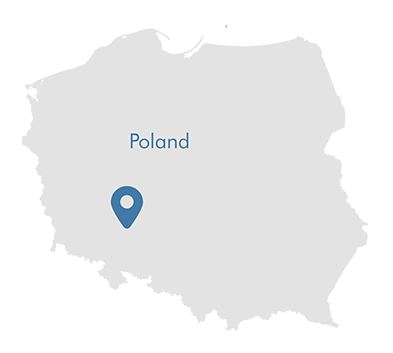POLAND, EUROPE
Milicz Ponds
In the 12th century, monks began digging carp ponds - the Milicz Ponds. The water was diverted from the Barycz, a river that flows into the Oder after crossing a wide plain north-west of Wroclaw. Over 100 Milicz Ponds form the largest chain of ponds in the world, covering an area of 70 km².
What makes it special
Fish pond areas are something special in Central Europe. The Milicz ponds are an example of centuries of coexistence between human and nature.
Protection status
· Ramsar Site 758, Wetland of International Importance
· EU Natura 2000
· Landscape Park - Park Krajobrazowy Dolina Baryczy

Biodiversity
Many of these Milicz ponds are almost indistinguishable from natural ponds. This view is obviously shared by fauna and flora, as many species live there: 13 species of amphibians, 250 species of birds, 170 of which are local breeders, and 44 different mammals. Another treasure is the 80 male bitterns.
In autumn, up to 16.000 bean geese gather grass and weeds from the meadows. At night they retreat to large ponds to outwit the fox. The Barycz Plain is also important for meadow nesting birds such as the White Stork, Black-tailed Godwit, Snipe and Quail.

Our Work
ETNA was founded in 2001. The aim is to protect nature according to the principle “think globally, act locally”. The main area of activities is the Barycz Valley, with activities all over the country and abroad. ETNA conducts educational courses with schools, in the field and at festivals, supports particularly when bats meet people, provides advice on nature issues, and organises ornithological excursions. Main part of the conservation activities is is extensive habitat management of meadows to preserve bird habitats and protect native plant species.

Co-funded by the European Union. Views and opinions expressed are however those of the author(s) only and do not necessarily reflect those of the European Union or CINEA. Neither the European Union nor the granting authority can be held responsible for them.


